Addiction and Recovery
Breadcrumb
Discover Recovery from Substance Use and Addiction
The drug overdose epidemic is on the rise in the United States with 106,699 drug overdose deaths reported in 2021. Opioids were involved in 80,411 of those deaths.
75.4% of all drug overdose deaths involved opioids.
However tragic each drug-related death is, there are many more nonfatal overdoses. People who have had at least one overdose are more likely to have another. However, if a person who has had an overdose is seen in an emergency department, there is an opportunity to help prevent a repeat overdose by linking an individual to care that can improve their health outcomes. Source: CDC Drug Overdose Deaths
But don't wait for an emergency. Each day is an opportunity to raise awareness, reduce stigma, recognize signs, share information... or seek help. Several initiatives and campaign tools can help such as RxAwareness (CDC), National Recovery Month Toolkit (SAMSHA), and Faces & Voices of Recovery.

Let NNLM help, too. Read a Reading Club book selection, find quality information and resources, and discover a pathway to recovery for you or someone you love.
Discover MedlinePlus

MedlinePlus is a service of the National Library of Medicine, the largest biomedical library in the world. Use Medlineplus.gov anywhere, anytime, on any device - for free - to discover high-quality health and wellness information that is reliable, easy to understand, and free of advertising, in both English and Spanish.
Discover information on:
- Alcohol Use Disorder
- Drug Use and Addiction
- Opioid Misuse and Addiction (in multiple languages)
Also discover MyHeathfinder.gov to learn how to Talk with Your Doctor About Drug Misuse.
Discover NIH
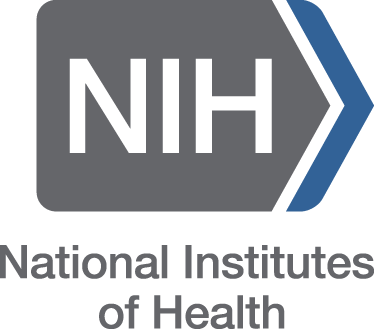 The National Institutes of Health (NIH), a part of the U.S. Department of Health and Human Services, is the nation’s medical research agency — making important discoveries that improve health and save lives. NIH is made up of 27 Institutes and Centers, each with a specific research agenda, often focusing on particular diseases or body systems.
The National Institutes of Health (NIH), a part of the U.S. Department of Health and Human Services, is the nation’s medical research agency — making important discoveries that improve health and save lives. NIH is made up of 27 Institutes and Centers, each with a specific research agenda, often focusing on particular diseases or body systems.
- National Institute on Drug Abuse (NIDA) is the largest supporter of the world’s research on substance use and addiction and plays a major role in HEAL (Helping to End Addiction Long-termSM). Launched in April 2018, this initiative, funded by Congress, provides scientific solutions to the national opioid overdose crisis, including improved treatment strategies for pain as well as opioid use disorders (OUDs). The agency also sponsors National Drug and Alcohol Facts Week® (NDAFW) to stimulate educational events in communities so teens can learn what science has taught us about drug use and addiction.
- National Institute on Alcohol Abuse and Alcoholism advances research on drinking and alcohol's impact on health.
- National Institute of Mental Illness researches and transforms the understanding and treatment of mental illnesses including drug, alcohol, or tobacco addiction. Multiple national population surveys have found that about half of those who experience a mental illness during their lives will also experience a substance use disorder and vice versa. [Source]
- The Network of the National Library of Medicine (NNLM) Substance Use Disorder Guide is a collection of trusted, high quality resources on substance abuse from the National Library of Medicine, other government agencies and non-profit groups. The guide is broken down by audience and includes specific resources for a general audience, libraries, educators, community-based organizations, public health, resources by age and population. The guide also includes recordings of SUD focused webinars that were sponsored by the NNLM.
- The Network of the National Library of Medicine is an education outreach program of the National Library of Medicine, the largest biomedical library in the world. The outreach efforts of the NNLM assure that researchers, health professionals, the public health workforce and the public are aware of and have access to quality health information available from NLM and the NNLM.
- Understanding the Opioid Crisis: Where Do I Begin? This one hour, Network of the National Library of Medicine (NNLM) online training is appropriate for anyone providing health information to the general public including public and medical librarians, patient or community educators, and healthcare professionals. This recording will help you to understand what addiction and opioids are and where you can find authoritative information to understand this complex epidemic. You also will learn how to discuss many of these resources and explore ideas for their use in community outreach education and programs in your library or organization.
Discover More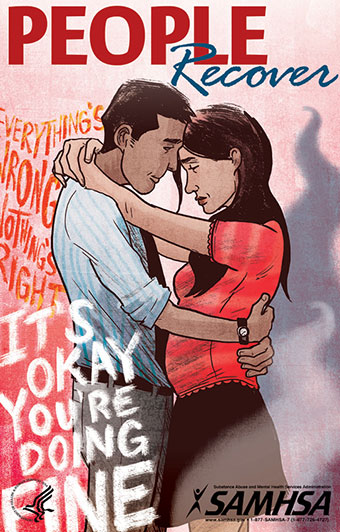
- Supporting a Loved One Dealing with Mental and/or Substance Use Disorders SAMSHA [PDF]
- Talking to Kids About Alcohol and Other Drugs: 5 Conversation Goals SAMSHA [PDF]
- Drugs of Abuse videos by Learn. Genetics
- Use the CDC's Opioid and Health Indicators Database to find counties most at risk of an HIV or a hepatitis C outbreak to help raise awareness of hepatitis testing in your community.
- People Recover tells the story of living with co-occurring mental illness and substance use disorders. It presents a hopeful message and provides resources for more information. [36 pages PDF]
- National Drug and Alcohol IQ Challenge
- Pathways to Safer Opioid Use is an interactive one-hour training that promotes the appropriate, safe, and effective use of opioids to manage chronic pain. Pathways begins with a 7-minute video that provides background on the principles of health literacy, patient communication, and opioid-related ADEs that are addressed in the training.
- How to Talk to Your Partner About Their Addiction. Rights of Rain by UWMedicine
Featured Books
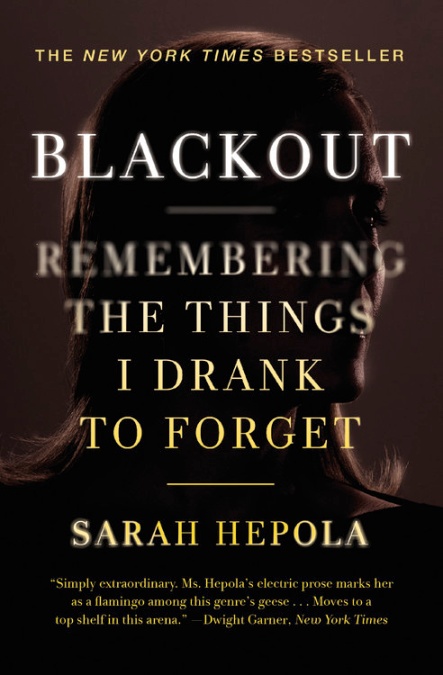
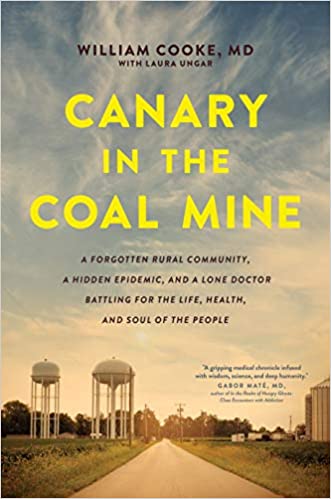
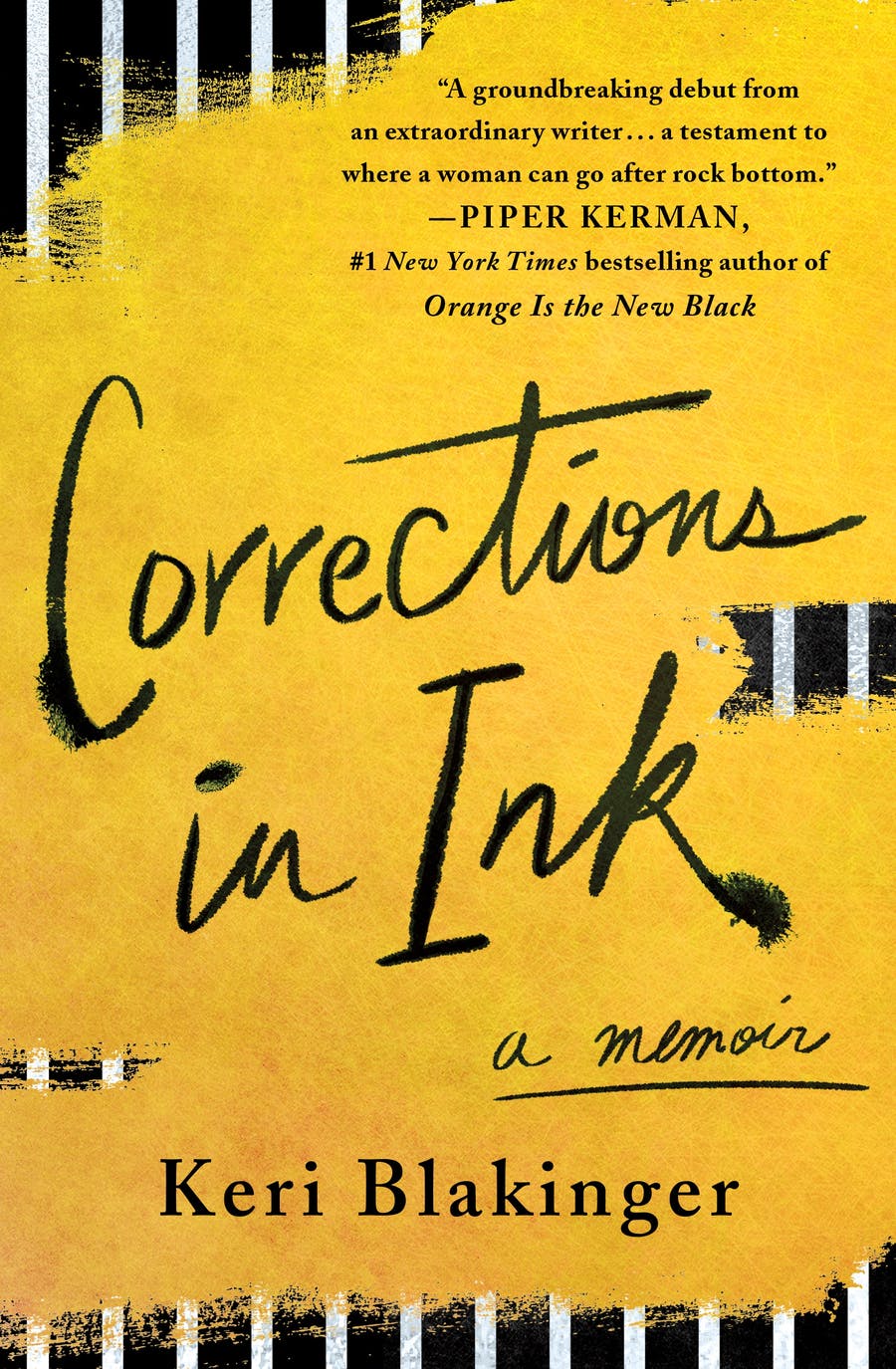
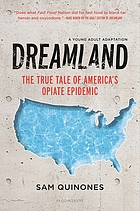
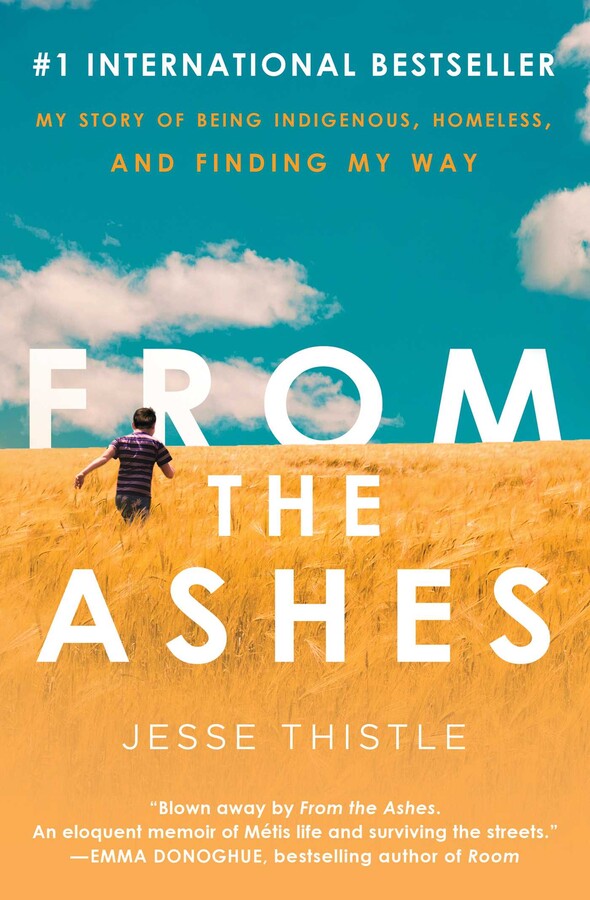
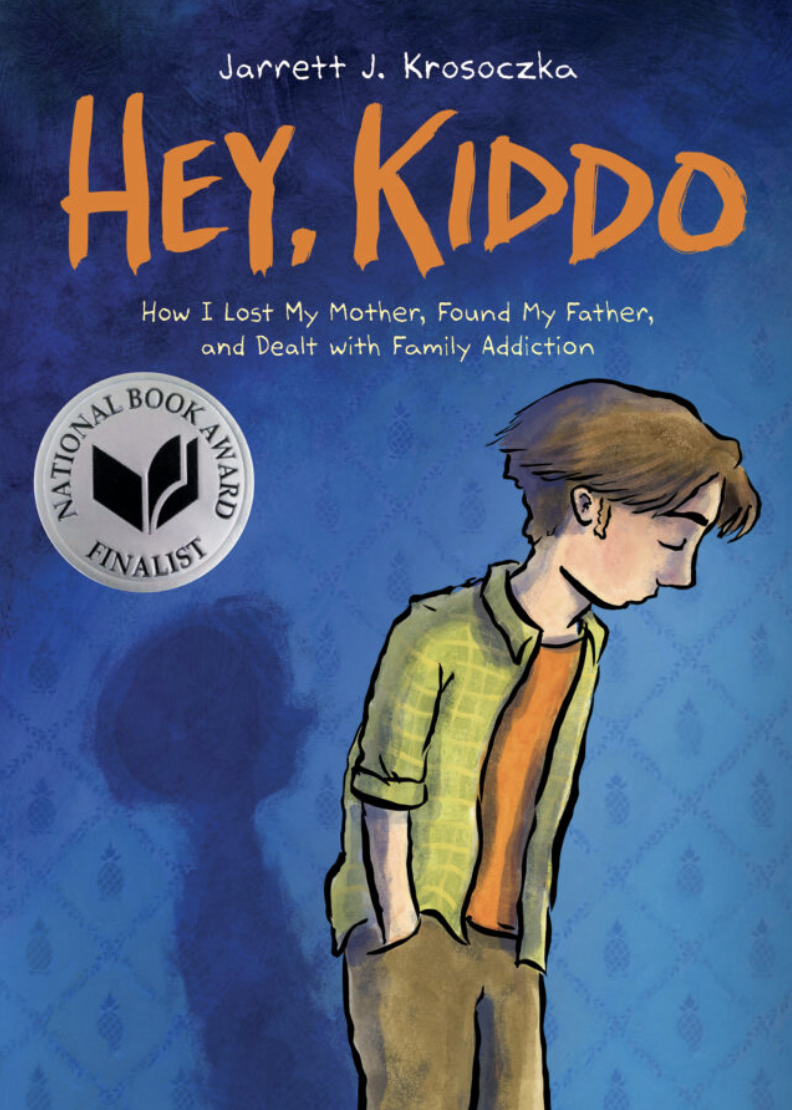
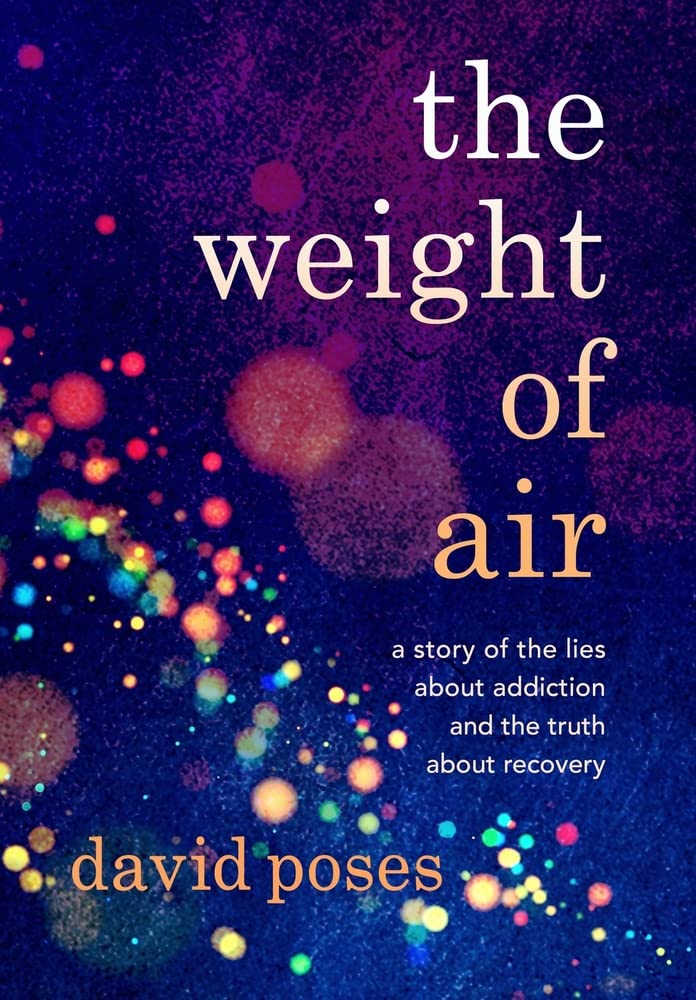
Terms of use: Network of the National Library of Medicine (NNLM) staff offer these health discussion resources for educational use. The materials included do not necessarily reflect the views or opinions of the author, publisher, or the sponsoring agencies of the National Library of Medicine (NLM) and the National Institutes of Health (NIH).

